―Dr. Nettie Liburt, PhD, PAS & Dr. Ashley Wagner, PhD The words “performance horse” conjure up many an image in one’s mind―from the Olympic jumper to the eventer, the racehorse, to the barrel horse. But in fact, performance horses come ...
—Dr. Ashley Wagner, Ph.D., Equinutrix Nutrition Horses have evolved as grazing animals, which means they are designed to continually consume forage; historically, this was in the form of fresh grass. Fresh pasture is an ideal forage source for many reasons: ...
―DR. NETTIE R. LIBURT, PHD, PAS OF BUCKEYE™ NUTRITION In most typical feed rooms, regardless of discipline or breed of horse, you’ll probably see a few different types of feed to accommodate the needs of different horses. This is a ...
―Dr. Nettie R. Liburt, PhD, PAS & Kristen M. Janicki, MS, PAS of BUCKEYE™ Nutrition If you’ve ever had a horse who was a hard keeper, a picky eater, or simply a hard-worker that just needs a lot of feed ...
—Dr. Ashley Wagner, PhD of Equinutrix Although the discipline, exercise intensity, management style, diet, and breed may differ from one performance horse to the next, the fact that the job takes a toll on gastric health does not. So why ...
—Nettie Liburt, PhD., PAS of BUCKEYE™ Nutrition We often focus on training, strength, and nutrition to support optimum performance in our equine athletes. And rightly so! But equally important to training is recovery. In human exercise physiology, working in days ...



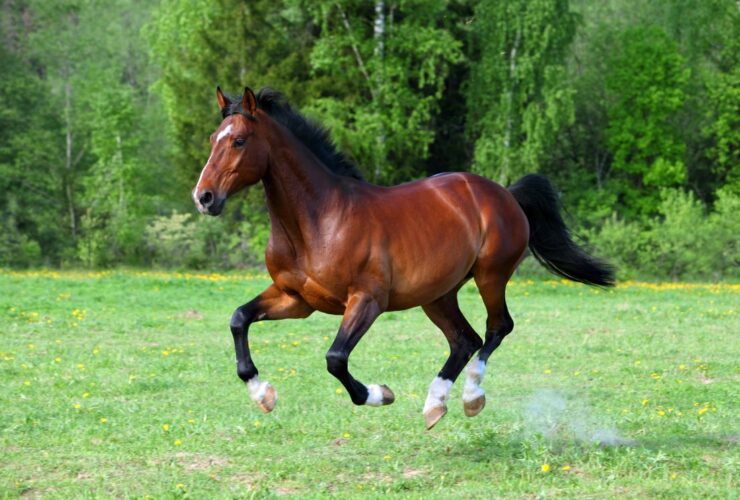
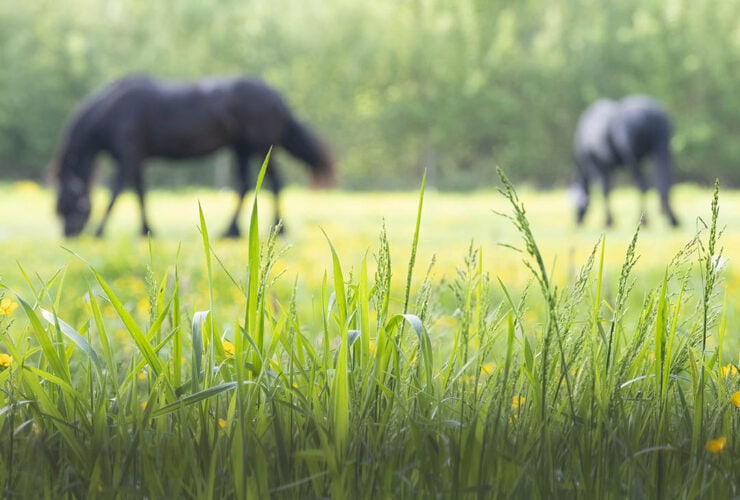
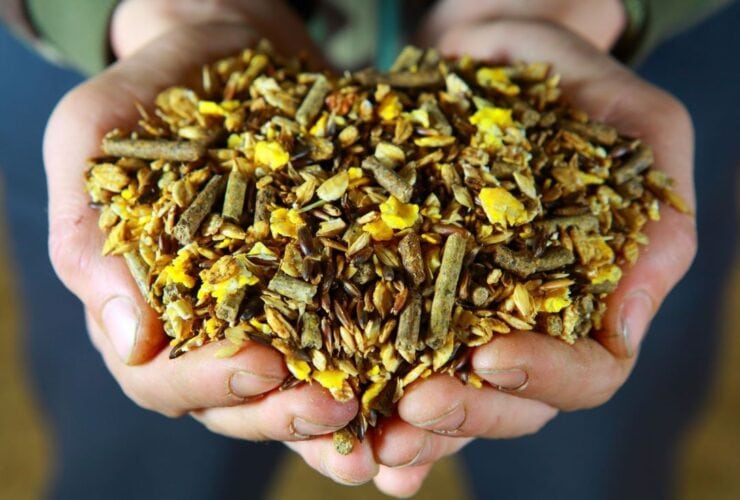
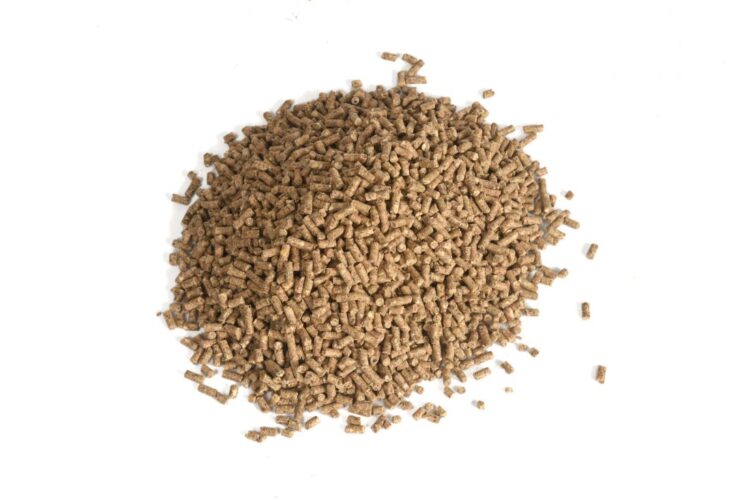
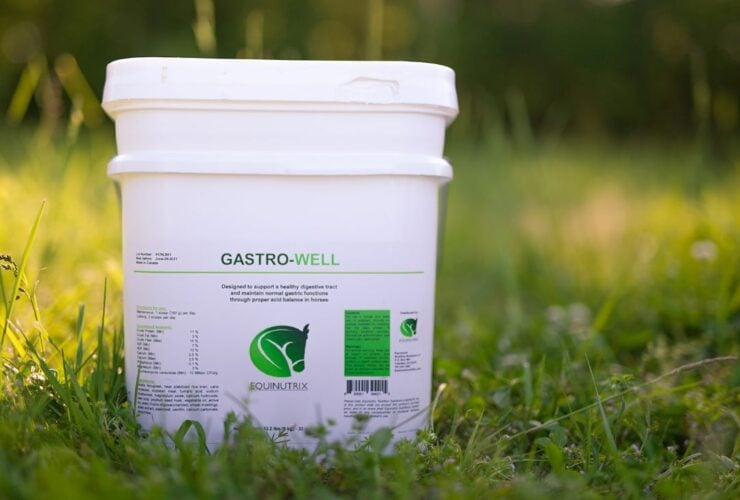
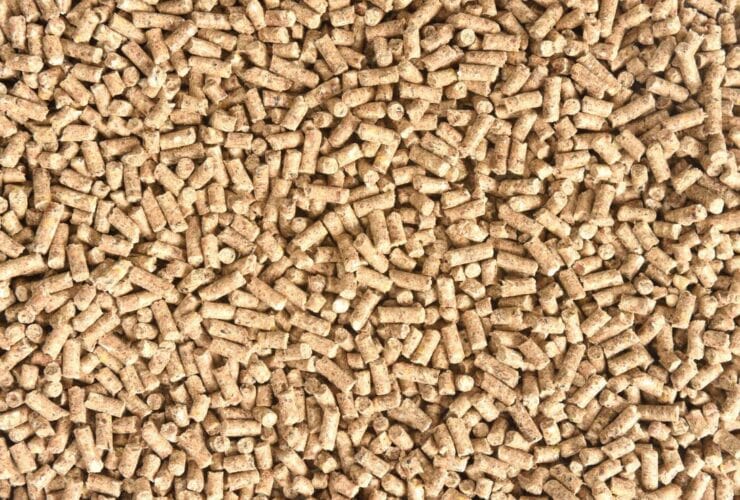





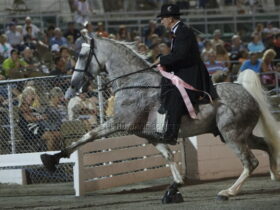



SOCIAL